Spark Climate Solutions: Grantee Spotlight
Grantee spotlight: Spark Climate Solutions
The Giving Green Fund plans to award a restricted grant to Spark Climate Solutions (Spark) for its enteric methane mitigation program, which aims to reduce methane emissions from ruminants like cattle and sheep. Spark is a U.S.-based organization that accelerates emerging, but potentially high-impact, climate mitigation strategies.
Spark’s work aligns with our philanthropic strategy of reducing food system emissions. While we believe reducing meat consumption can have a bigger impact on cutting food sector emissions than focusing only on enteric methane mitigation, we still think efforts to reduce enteric methane are worthwhile. This approach could complement global efforts to curb meat consumption if those efforts do not achieve substantial reductions, and may help cut emissions associated with the meat that continues to be produced and consumed. Please see Giving Green’s strategy report on food system emissions for more information, including risks and potential co-benefits, recommended sub-strategies, theory of change, funding need, and key uncertainties.
Last updated: October 2025
What is Spark?
Spark was founded in 2022 to accelerate progress on emerging, high-impact climate mitigation strategies. It focuses on reducing the risks of near-term warming by cutting emissions of short-lived climate pollutants. Its original programs are enteric methane mitigation and methane removal research. It is also developing new programs to reduce agricultural nitrous oxide emissions and understand warming-induced emissions, such as from permafrost thaw and tropical wetlands. Spark plays a unique role as a field builder in these neglected sectors by mobilizing resources and coordinating efforts to drive innovation. Its activities include coordinating policy advocacy efforts, mobilizing industry actors, supporting the path to market for innovations, and regranting to fill research gaps.
What are we funding, and how could it help address climate change?
The planned grant is restricted to Spark’s enteric methane mitigation program, which provides strategic support and leadership across the field to accelerate technical, market, and policy solutions. Specifically, Spark plans to use our grant to support industry and policy coalitions:
The Global Enteric Methane Industry Association (GEMIA): GEMIA will coordinate work among stakeholders, including solution providers, livestock producers, retailers, and funding bodies. By aligning industry bodies to a shared strategy, we believe GEMIA could streamline work that would accelerate R&D, advance policy, and facilitate the path to market for enteric methane solutions.
The Livestock Methane Policy Coalition (LMPC): Spark established the LMPC, the primary U.S. policy convener for enteric methane mitigation. The LMPC aims to raise the political salience of enteric methane mitigation and enact policies that would stimulate R&D for enteric methane solutions, such as market-incentive mechanisms and innovation funding.
Why do we think Spark will use this funding well?
We think policy advocacy, coordination, and coalition building could be powerful levers to amplify governmental and industry support for enteric methane mitigation. We think Spark is well-positioned to fill gaps in the field because of its strong connections to the sector, technical expertise, and strategic approach.
We have been impressed by Spark’s leadership in the nascent field of enteric methane mitigation. For example, under Spark’s leadership, the LMPC advocated for the introduction of the US’s bipartisan EMIT LESS Act for enteric methane mitigation. GEMIA’s launch in 2024 was well received, and it now has 39 member organizations, including agribusinesses, biotech companies, investors, and NGOs. Spark also helped establish and now actively supports the program strategy of the Global Methane Hub’s $200 million Enteric Fermentation Accelerator, and serves on its Science Oversight Committee. In addition, Spark organizes the only annual conference dedicated to enteric methane emissions.
Giving Green believes that additional climate donations are likely to be most impactful when directed to our top nonprofits. For several reasons, we may choose to recommend grants to other organizations for work that we believe is at least as impactful as grants to our top recommendations. We are highlighting this grant to offer transparency to donors to the Giving Green Fund, as well as to provide a resource for donors who are particularly interested in this impact strategy. This is a nonpartisan analysis (study or research) and is provided for educational purposes.
Support Our Work
Giving Green Fund
One fund. Global impact. One hundred percent of your gift supports a portfolio of high-impact climate organizations, vetted by our research.
Best for:
Donors who want the simplest way to impact multiple climate solutions.
Top Climate Nonprofits
Meet the organizations on Giving Green’s list of high-impact nonprofits working to decarbonize our future, identified through our rigorous research.
Best for:
Donors who want to give directly and independently.
Support Our Work
We thoroughly research climate initiatives so you can give with confidence. For every $1 we receive, our work unlocks another $21 for effective climate solutions.
Best for:
Donors who want to amplify their impact through research.


.png)
.png)
.png)




.png)
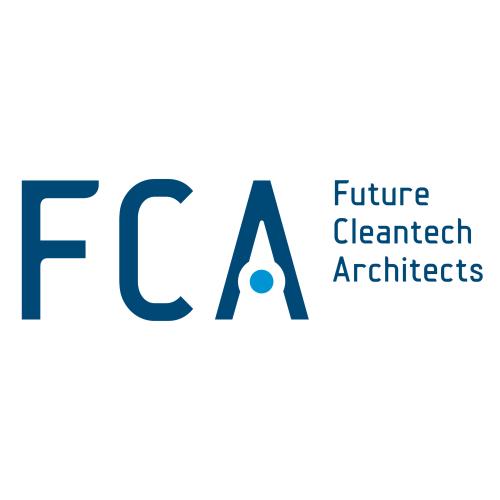


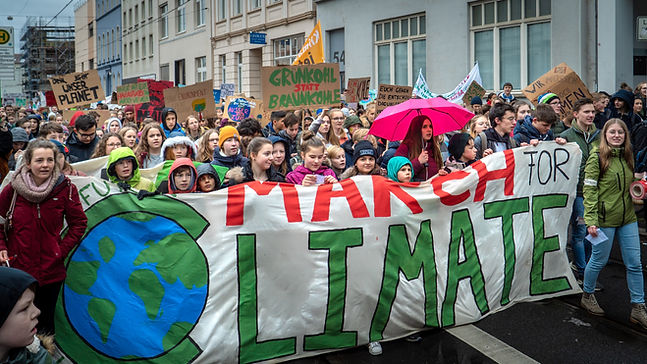

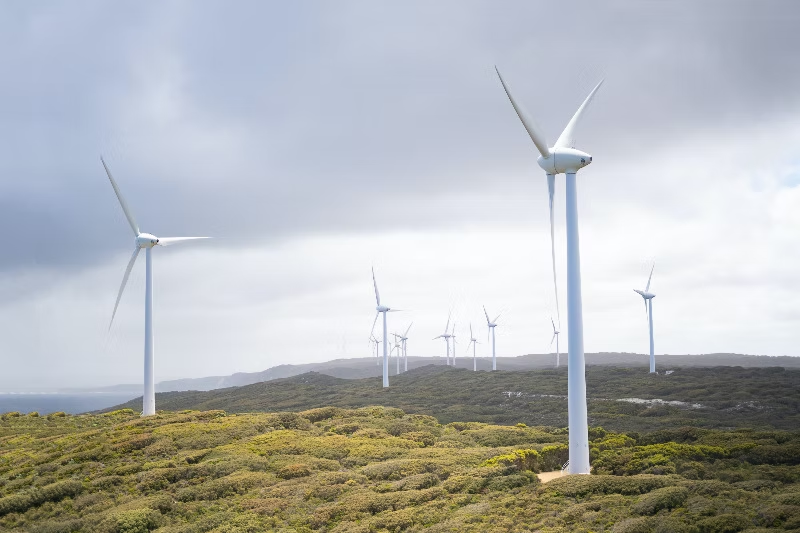
.png)

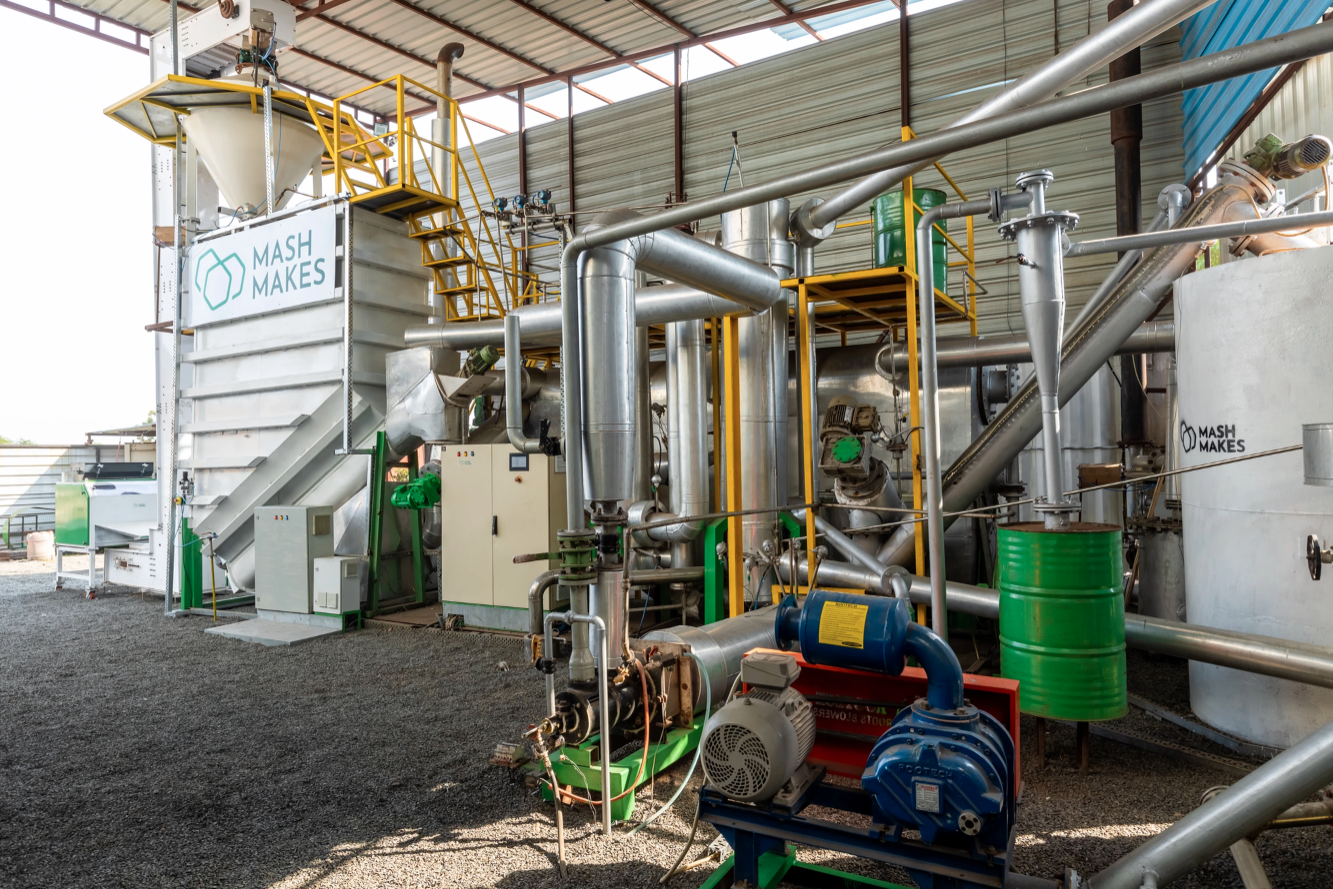
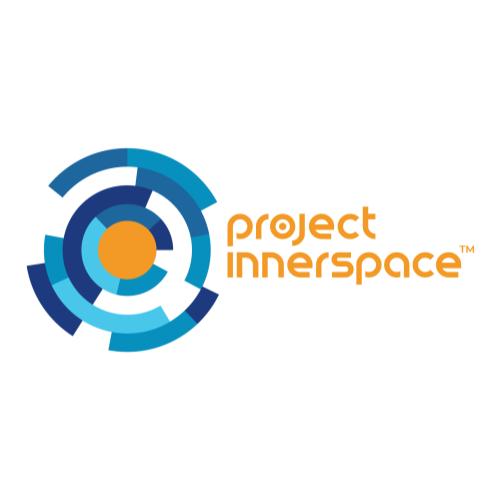
.png)



.png)

.png)
.png)


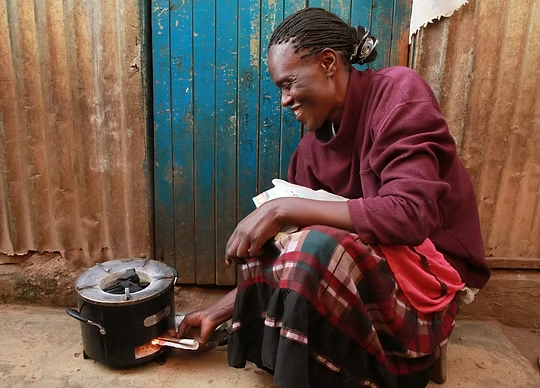
.png)


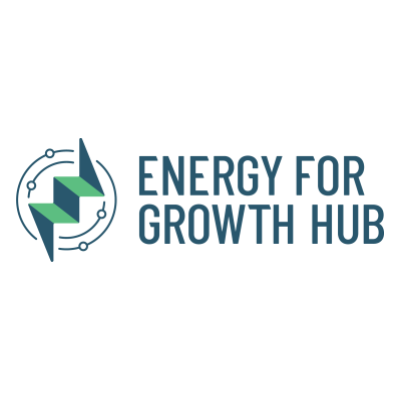
.png)
.png)
.png)

.png)

.png)
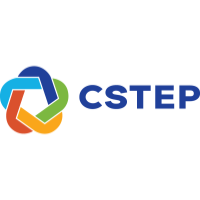

.png)
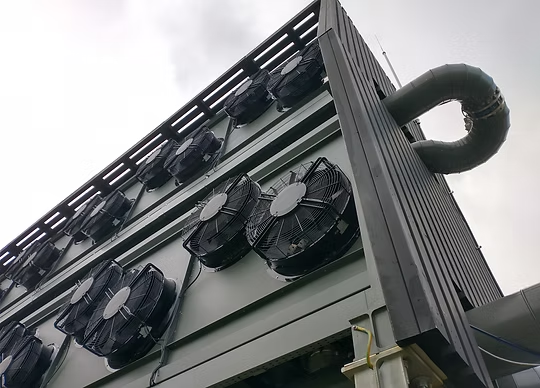

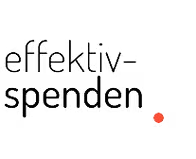
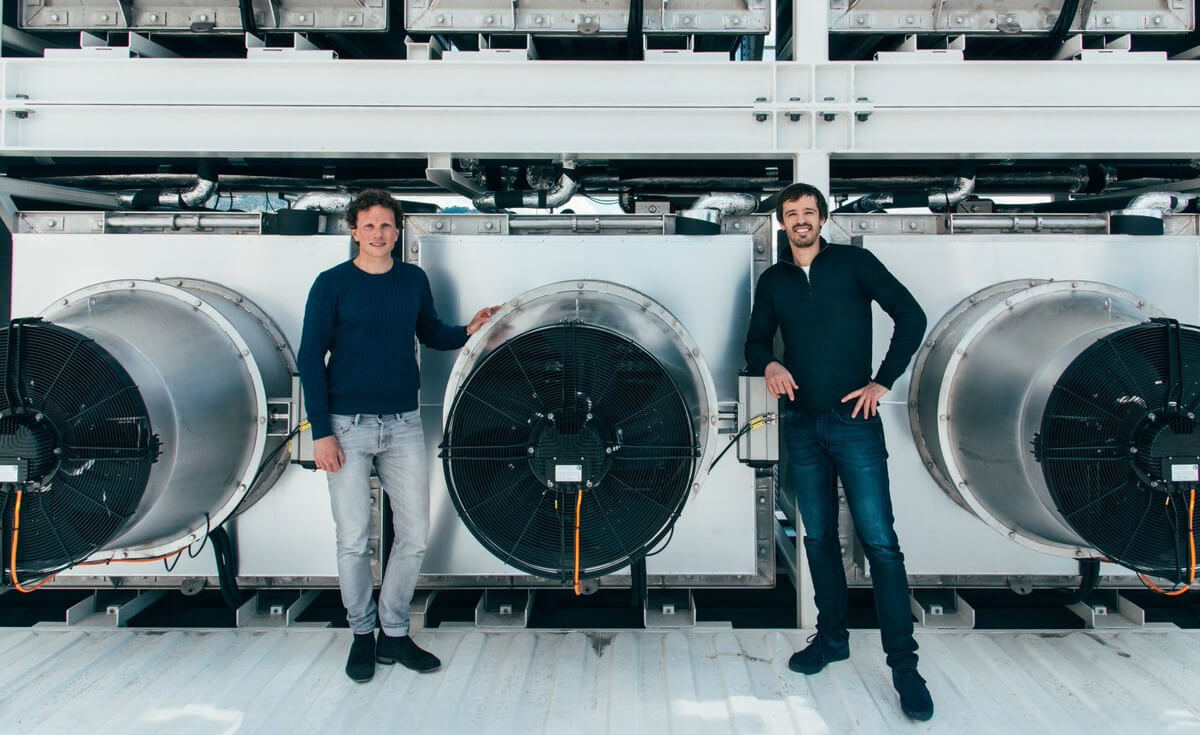
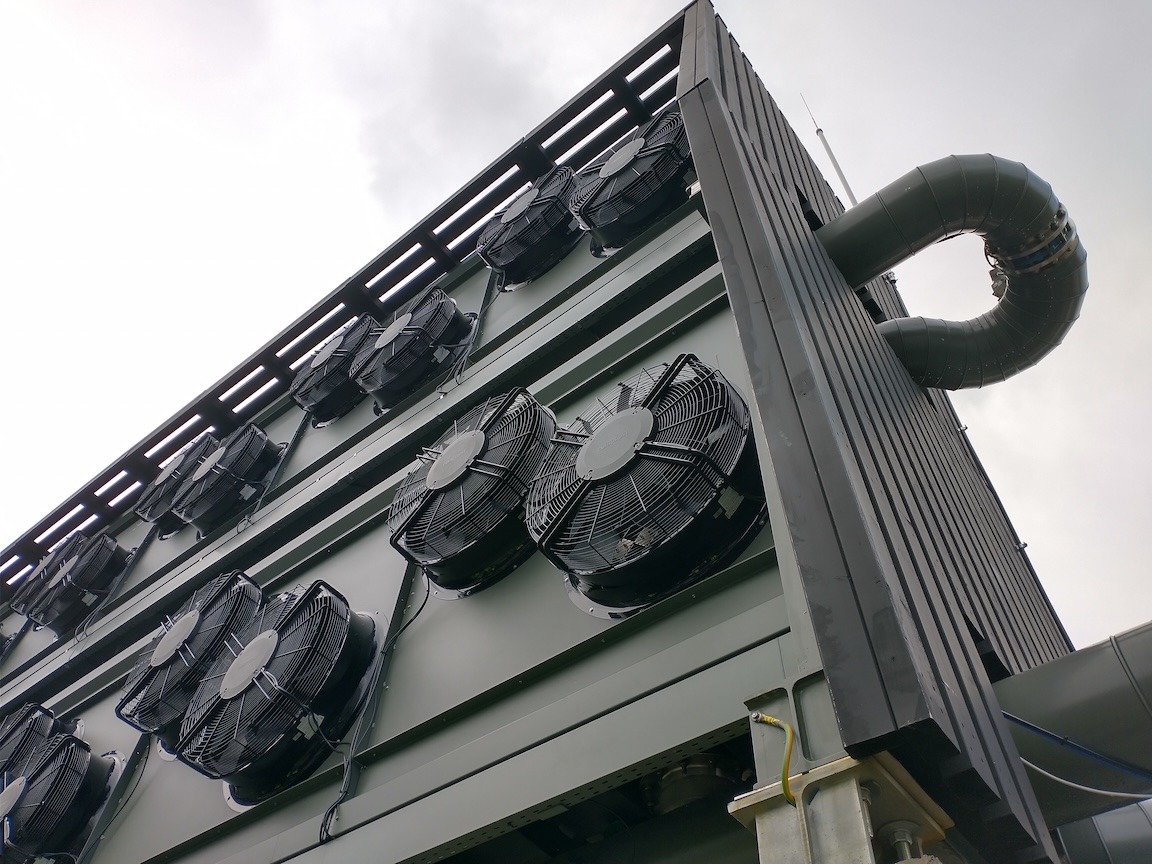
.png)
.png)
.png)
.png)

.png)
.png)
.png)

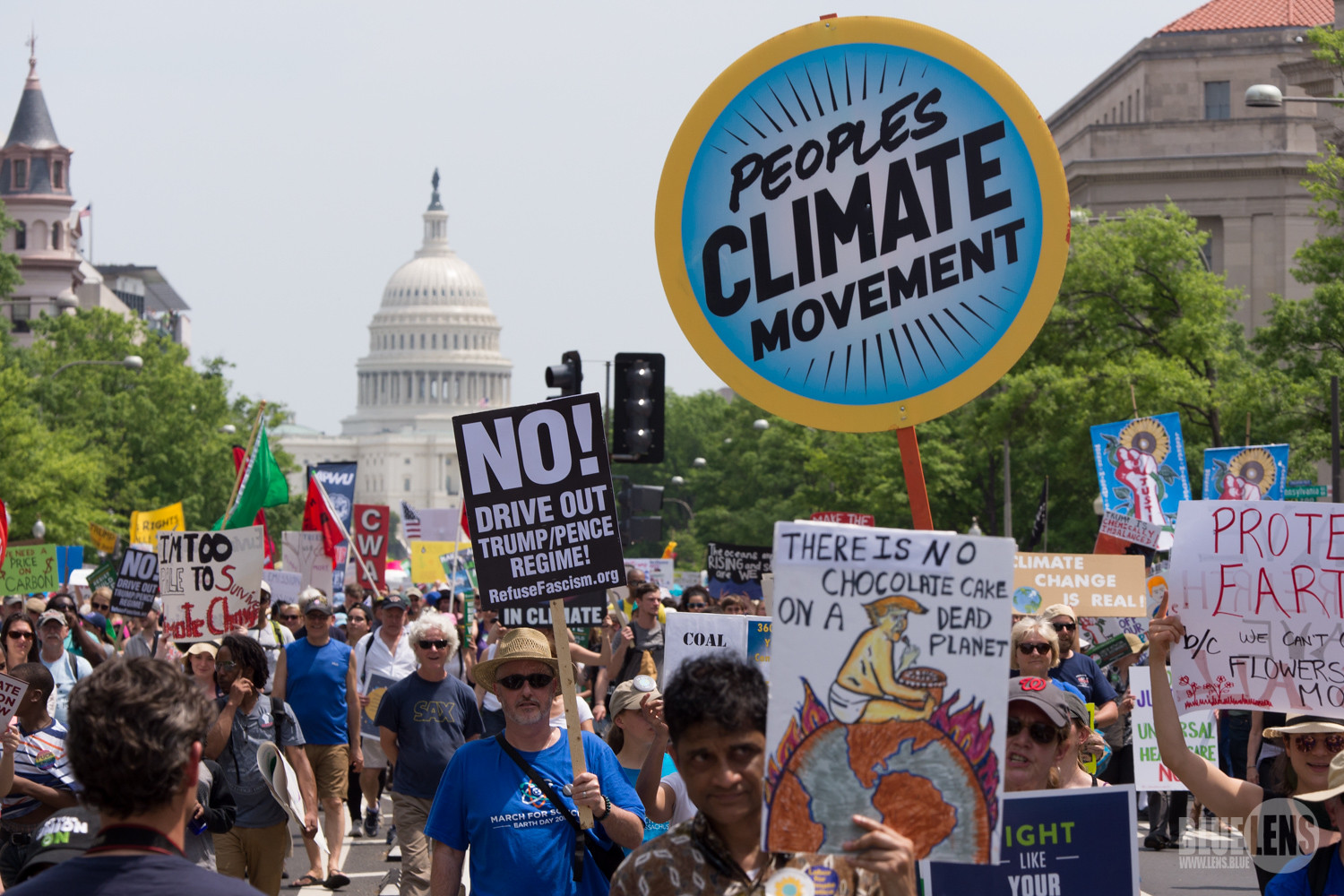
.png)
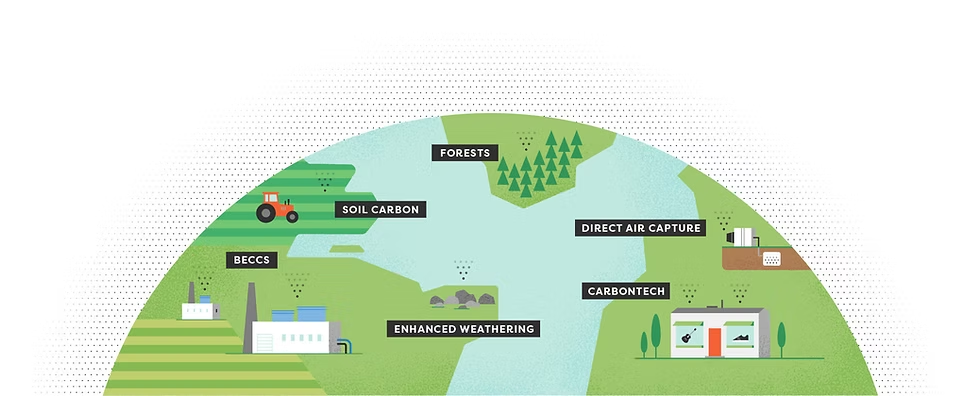
.png)
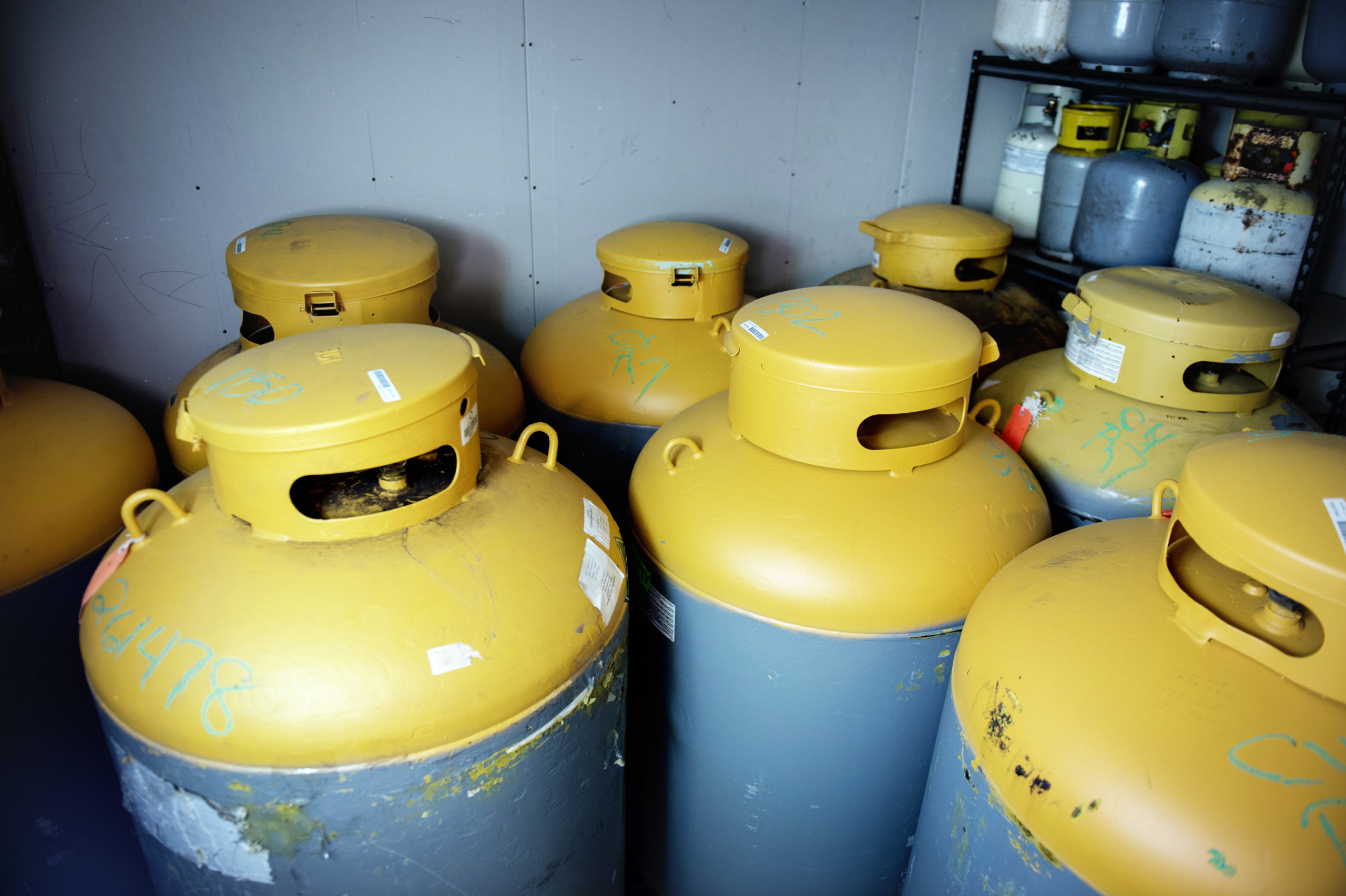




.png)
.png)

.png)
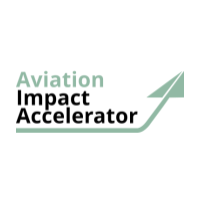

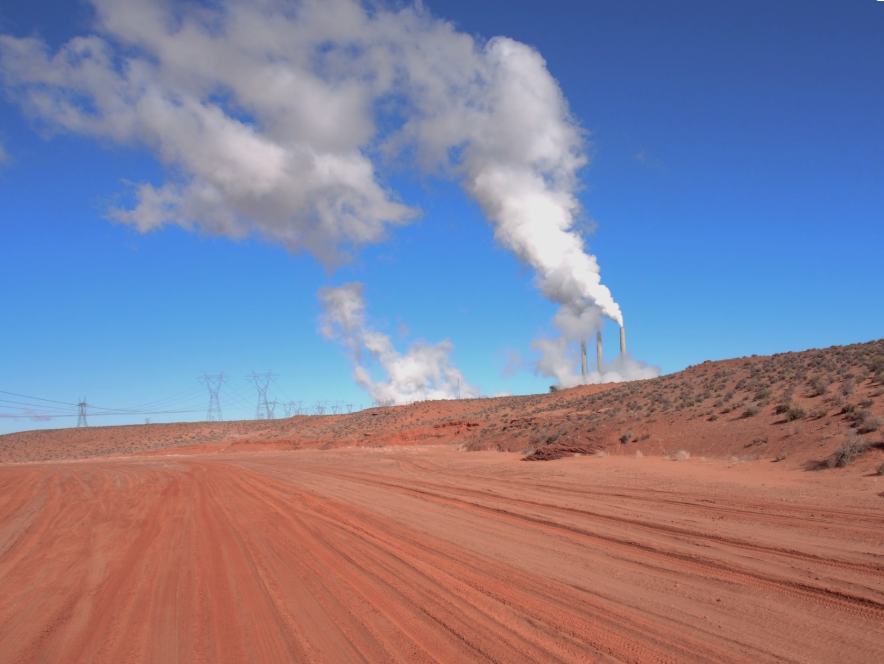
.png)
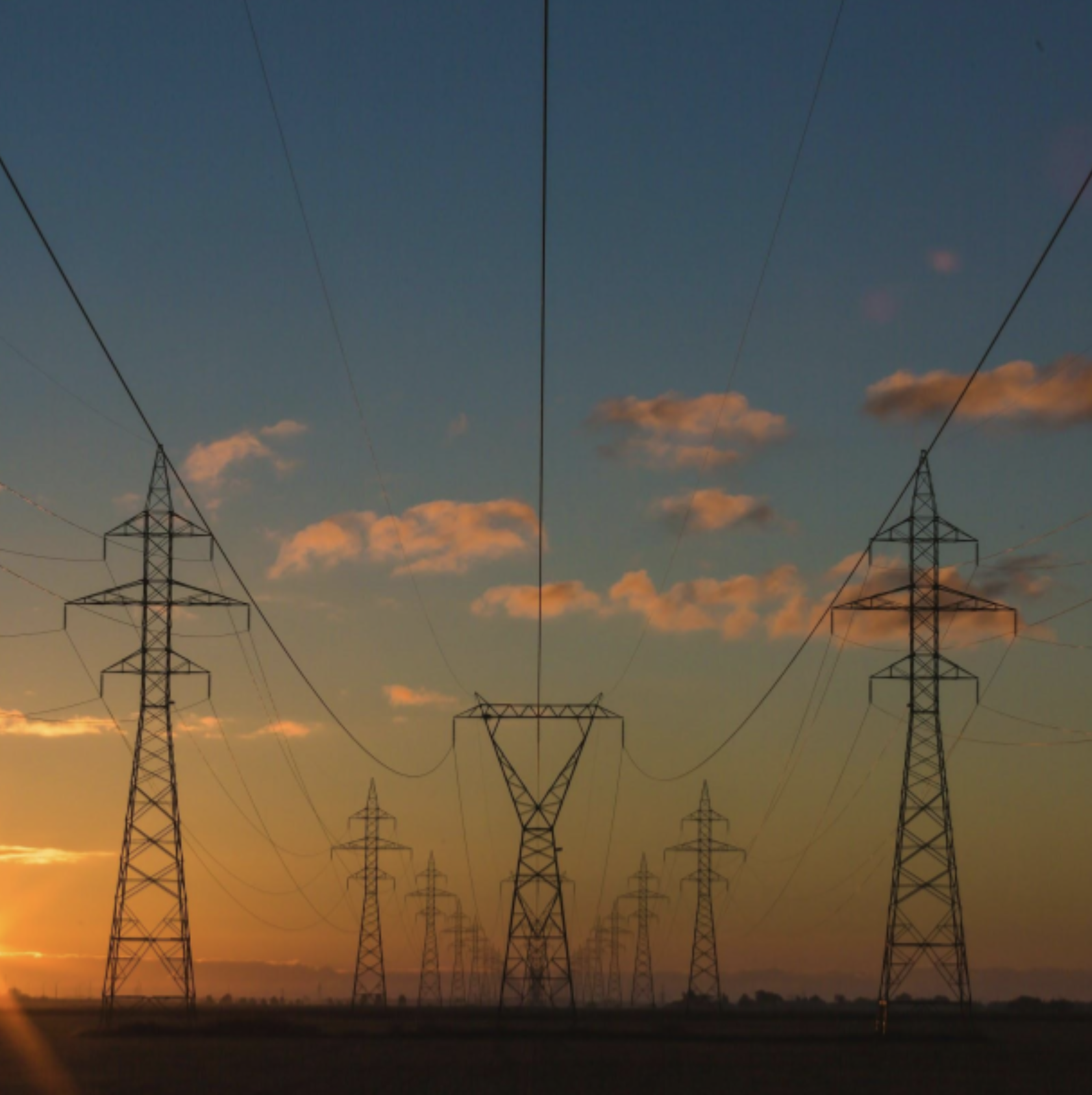

.png)
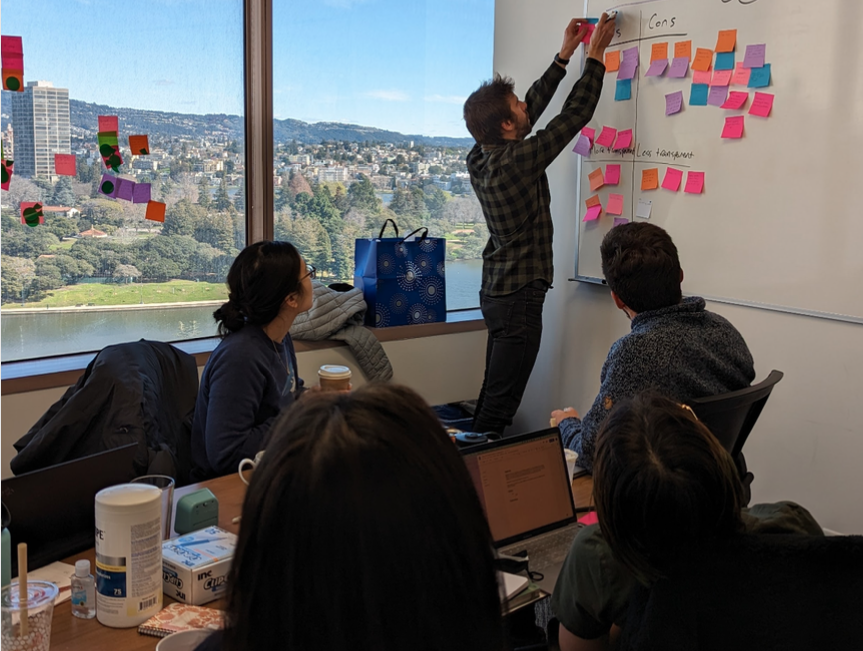
.png)

.png)


.png)
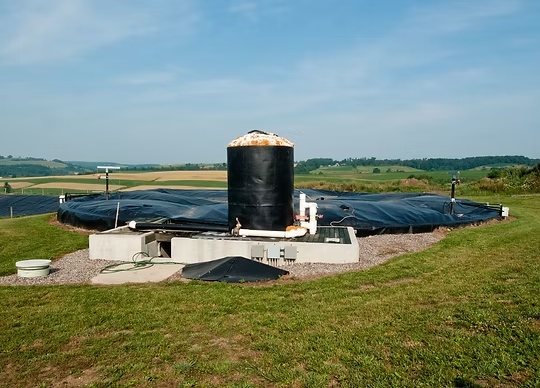
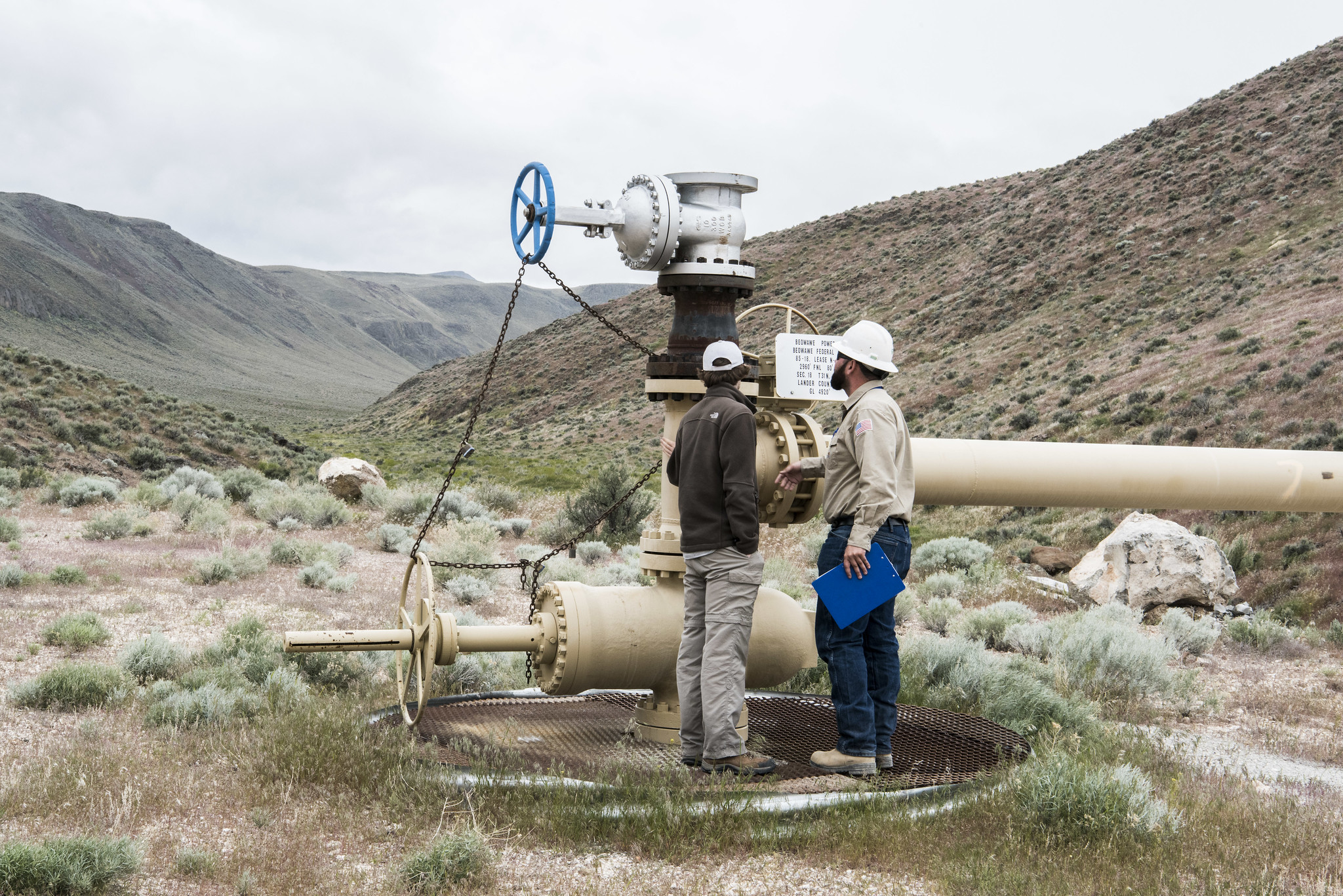
.png)
.png)

